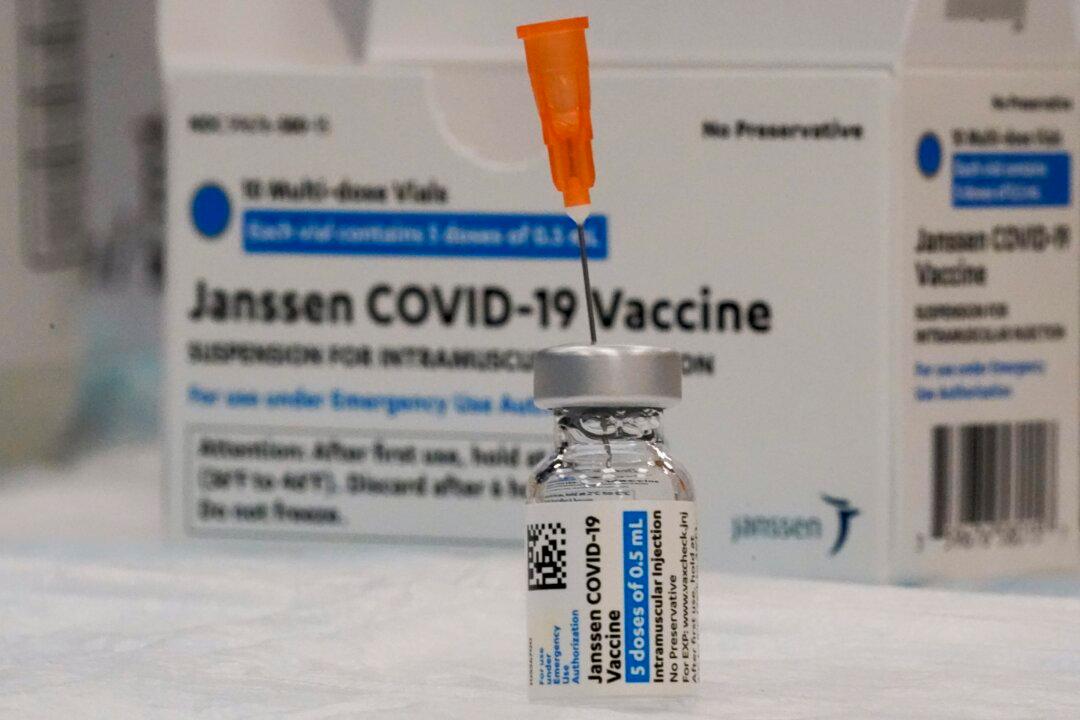The White House is backing an international plan to suspend some of the intellectual property protection granted for CCP virus vaccines, U.S. Trade Representative Katherine Tai said on May 5.
“These extraordinary times and circumstances of call for extraordinary measures,” Tai wrote on Twitter. “The US supports the waiver of IP protections on COVID-19 vaccines to help end the pandemic and we’ll actively participate in [World Trade Organization] negotiations to make that happen.”





